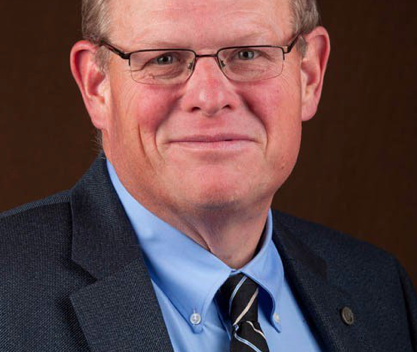
News
BGPD to roll out body cameras for greater transparency in policing
The Bowling Green Police Department is outfitting its patrol officers who drive cars with body cameras, a move ... Read more

The Bowling Green Police Department is outfitting its patrol officers who drive cars with body cameras, a move ... Read more

Students should expect improved community policing when Western Kentucky University hires a new campus police chief next year, ... Read more